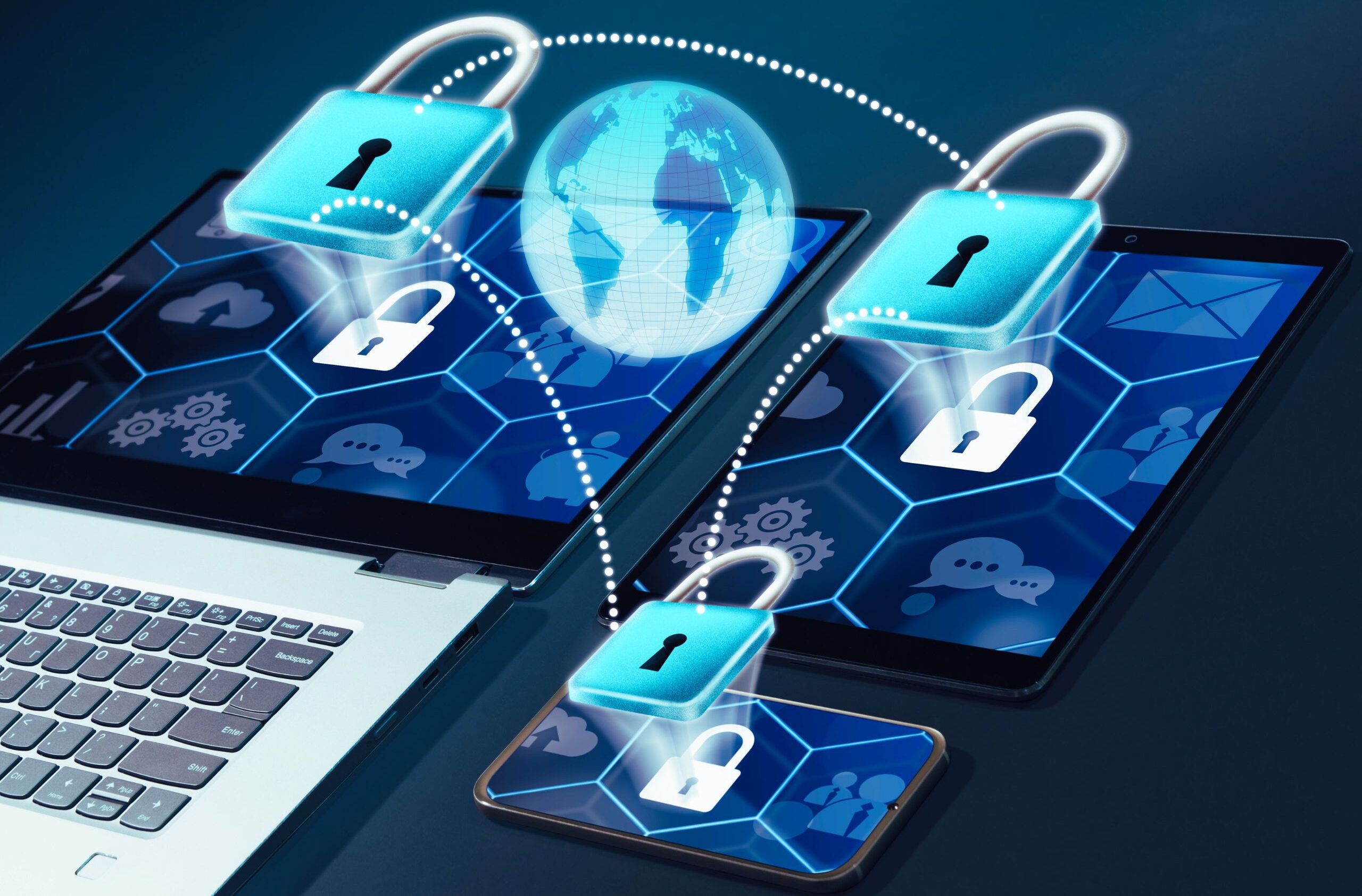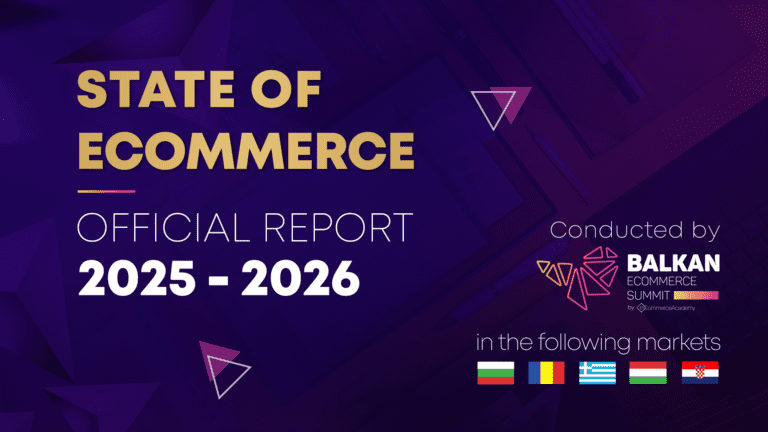Cybersecurity for SMBs: How to protect your business online
In today's digital age, cybersecurity is among the top priorities for every small and medium-sized enterprise (SME). While it is often thought that only large corporations are the targets of cyberattacks, small and medium-sized businesses are also vulnerable and an attractive target for hackers. According to various studies, it is SMEs that are most often at risk due to more limited resources to protect their digital assets. It is therefore crucial that every enterprise, regardless of its size, takes effective cyber security measures.
Why is cybersecurity important for small and medium-sized businesses?
Many small and medium-sized businesses rely on digital technology for their day-to-day operations, whether it's managing inventory, communicating with customers, or processing financial data. Losing access to these systems or compromising sensitive information can result in significant losses, both financial and reputational. Additionally, legislation in the European Union, such as the General Data Protection Regulation (GDPR), imposes severe penalties for security breaches involving personal data.
Top cybersecurity threats for SMEs
- Phishing attacks: These are fraudulent emails or messages intended to trick employees into providing confidential information or to install malware.
- Malware: Viruses, Trojan horses and ransomware can block access to systems or compromise data.
- Weak passwords: Many SMEs use insecure or easily guessable passwords that can be easily guessed by hackers.
- Out of date software: Old versions of software often have vulnerabilities that can be used by malicious individuals to breach security.
How to protect your business online?
Cybersecurity is a complex mix of scientific approaches, behavioral habits, and a little luck, and a detailed description of methods to increase security is far beyond the scope of this article. However, there are a few relatively simple steps that can provide a solid level of protection:
- Use strong passwords and two-factor authentication (2FA)
Using strong, unique passwords for each system is an essential security mechanism. A strong password should contain a combination of uppercase and lowercase letters, numbers and special characters, and should be at least 12 characters long. This reduces the chances of it being figured out by automated attacks. In addition to strong passwords, two-factor authentication (2FA) adds an additional layer of protection by requiring the user to verify their identity through a second method (eg, a code sent via SMS or using a special code generator app). This means that even if the password is compromised, unauthorized access will be prevented. - Regular updates and patches
Many successful cyber attacks are due to vulnerabilities in outdated versions of software or operating systems. Hackers often use known weaknesses in outdated software to gain access to companies' internal systems. Regularly installing updates (patches) for all programs and operating systems is key to staying secure. Periodic checks for updates should be part of every company's routine. There are also automatic update tools that make this process easier and ensure that all systems are protected. - Personnel training
The human factor is often the weakest link in an organization's cybersecurity. Employees must be well informed about the threats that exist online and be able to recognize potential attacks, such as phishing emails or suspicious links. Regular employee training and awareness on topics such as identifying fraudulent messages, secure password handling, and procedures for detecting suspicious activity will reduce the risk of unwitting participation in cyberattacks. Additionally, creating clear internal procedures for acting in the event of a cyber attack will help employees respond adequately and in a timely manner. - Use of anti-virus and anti-spyware software
Installing reliable anti-virus and anti-spyware software is an essential measure to protect against malware, viruses and spyware. Antivirus programs provide continuous monitoring of files and network traffic, identifying and blocking potential threats before they compromise enterprise systems. In addition, it is important that antivirus software is regularly updated to recognize and prevent the latest threats. Many modern solutions also include protection against ransomware, which can encrypt important data and demand a ransom for its recovery. - Regular data backup
One of the most effective strategies for dealing with cyber attacks, such as ransomware attacks, is regular data backup. This means creating copies of all critical files and databases that can be recovered in the event of information loss. Backups should be stored on external media or in cloud services that are separated from the main system. This ensures that even in the event of an attack that compromises local systems, data can be quickly recovered without significant loss. It is recommended that backups be performed automatically and periodically to ensure that all data is protected. - Use of firewalls and network security
Firewalls are software or hardware devices that control incoming and outgoing traffic to and from a company's network. They block unwanted connections and prevent unauthorized access to internal systems. It is important that the firewall is properly configured to meet the needs of the business. Additionally, the use of virtual private networks (VPNs) is recommended, especially when working remotely or when employees access corporate systems outside of the office. A VPN creates an encrypted connection between the user and the server, making communications more secure and difficult to intercept.
Cybersecurity is not something that can be ignored, especially in small and medium enterprises. Despite resource limitations, every company can take basic measures to ensure the security of their data and systems. By combining appropriate technical solutions with staff training, SMEs can effectively protect their business online and minimize the risks of cyber attacks. In the dynamic and ever-changing digital world, security is an investment that cannot be overlooked.






